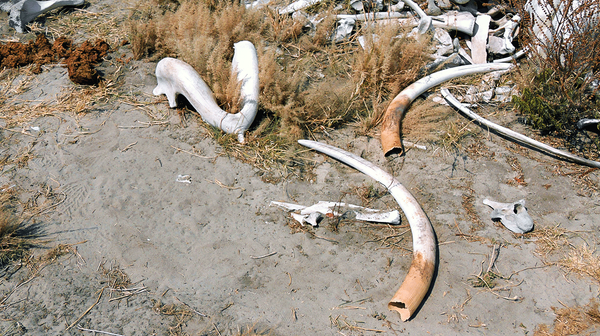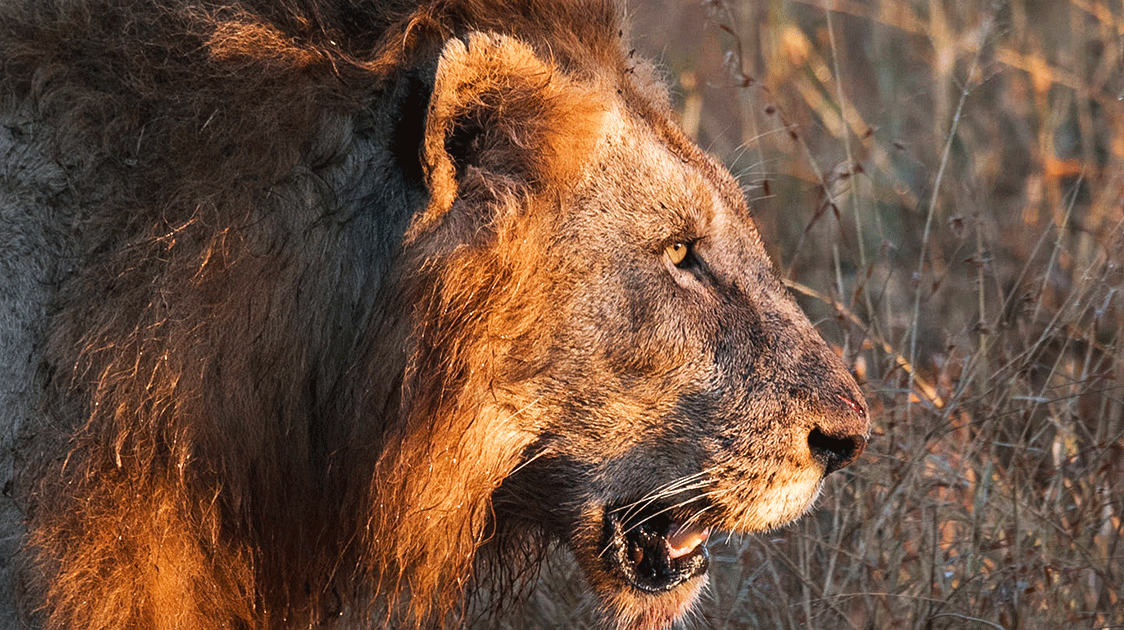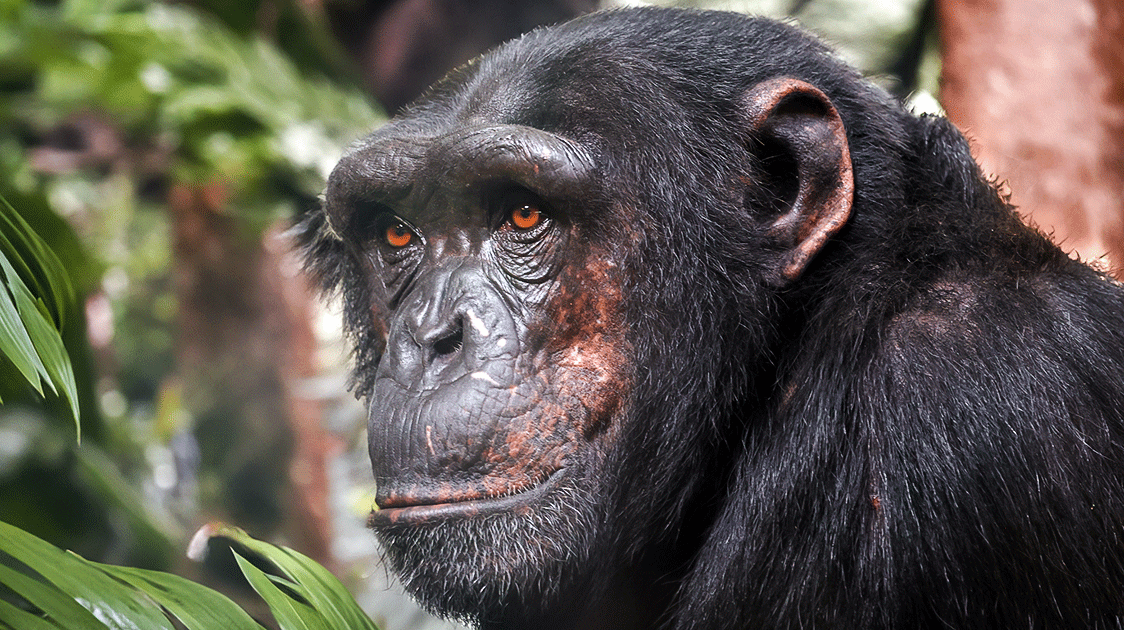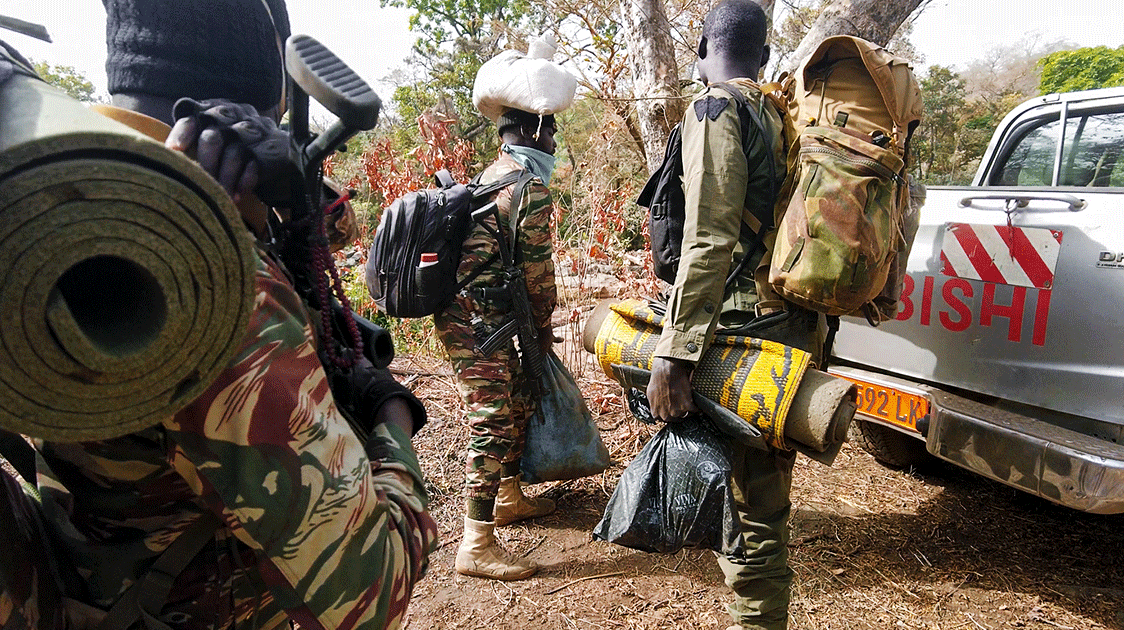Shame Dame Jane: Floundering in a Sea of Animal-Rights Alphabet Soup
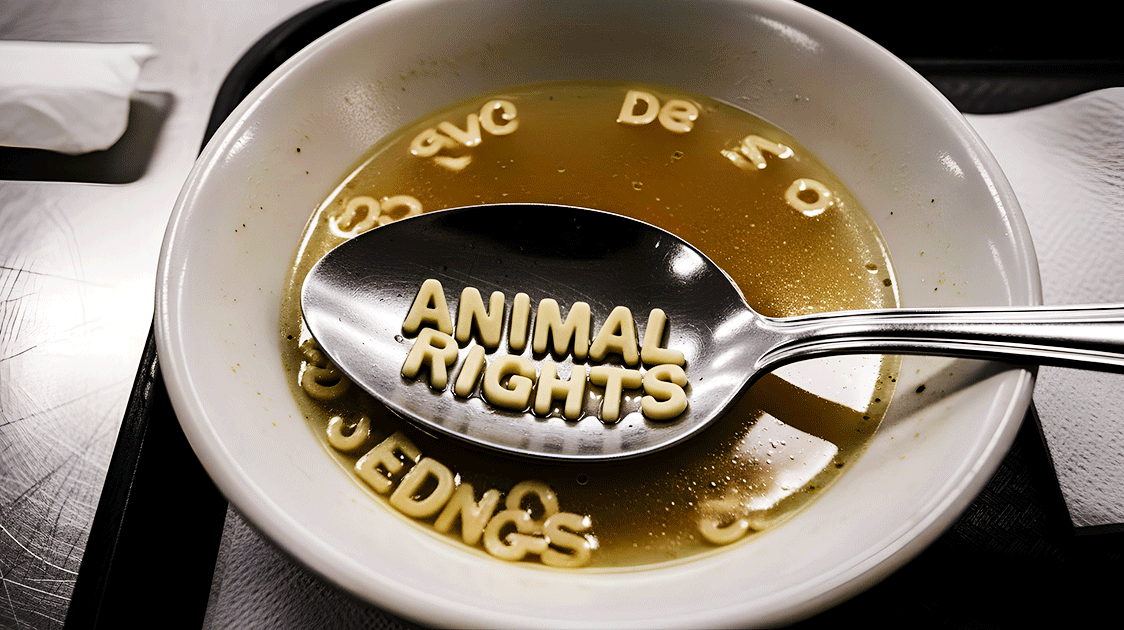
By Hank's Voice
IFAW, PETA, NhRP, HWA, CBTH, HSUS, HSI, BFF, AWI, AWA… an alphabet soup of acronyms of animal rights and anti-humanity organizations that are relentlessly involved in actions that are anti-conservation.
They persistently force-feed their conniving concoctions to an unknowing drama-hungry public, whom they hope to convince that their self-serving feasts will “save the animals”!
Jane Goodall was complicit; supported by, in support of, and bestowed honors upon by all the aforementioned.
For decades.
And yet, upon her recent death, many touted her as a legendary conservationist who was a frontline warrior, a lieutenant in the battle, a legacy-leaver, and so on.
Really?
Anyone vaguely familiar with the issues knows that conservation progress is hindered by the unnecessary, costly, and time-consuming challenges of combating disinformation and utopian ideals.
Jane was a prominent public figure whose presence fostered indubitable idolatry by many.
As a fair-haired young maiden in the 1960s, she naively pioneered primate research by habituating chimpanzees in Tanzania.
Highly relatable work as they are our closest non-human relatives, and she gave them endearing human names.
But highly habituating wild animals readily fosters warped perceptions of both their worlds and ours.

Distorted realities, in turn, easily mislead people into believing the unrealistic doctrines of the animal rights movement, which she did.
Strongly.
As she aged, her Gandalf-like aura led many to believe she was a genuine wellspring of wisdom.
Her soft-spoken, gentle manner only deepened her appeal, the perfect figurehead for the animal rights movement.
After all, who feels comfortable criticizing or discrediting a grandmother-like figure?
Two of Jane’s most famous quotes were, “What you do makes a difference, and you have to decide what kind of difference you want to make.”
And “Every individual has a role to play.”
Yet, counter to these mantras and to conservation needs, she and her allies advocated for negative impacts, seeking to sideline many individuals who do indeed matter.
We all utilize plants, animals, and the things they depend on, such as soil and water.
Conservation requires us to do this in a sustainable manner.
Jane knew that.
Her very own Jane Goodall Institute includes projects in Africa that focus on sustainable agriculture and forestry utilization.
She realized over three decades ago that the protection of endangered chimpanzees around Gombe National Park in Tanzania would fail without the partnership of local, poverty-stricken people.
Community-led conservation approaches, which encompass land-use planning, healthcare, education, and sustainable livelihoods, were, in her opinion, the most effective solution.
Most safari hunting operators share the same sentiments.

Yet her anti-hunting campaigns sought to jettison the essential work they do.
In Tanzania alone, 29% of the country’s surface area is kept wild from the economic contributions of safari hunting.
She, herself, suffered the anguish of habitat destruction.
There was a small, wooded area near her home in the UK where she once enjoyed listening to birdsong.
When it morphed into a shopping mall, she was at first angered and then profoundly sad.
How dare they?
Yet her anti-hunting stance inadvertently advocated for millions of hectares of wildlands to succumb to the cow and the plow.
Hunting operators strongly support the preservation of wildlife habitats.
Beyond any passion they may have for the wilderness, it’s basic business 101.
No habitat means no animals, which equals zero revenue.
But anti-hunting activists, like Jane, thrive on a model that requires threat of elimination – real or perceived—the eternal “rescue” situation.
To rescue something, it must first be threatened or destroyed.
She fretted about climate change and deforestation, yet she traveled around the world for most of each year and published 32 printed books.
Alleviating poverty was a crucial goal for her, and she worked diligently on it.
She earned between USD 75,000 and USD 150,000 per lecture, excluding travel and accommodation costs, with up to 300 lectures per year.
She ultimately ended up with a net worth of USD 5 million.
Her institute’s net worth is USD 19.6 million.
She believed that a new definition of what success means to an individual is important.
Her definition was: enough money to feed yourself and your family, go for a lovely holiday, educate your children, and enjoy spending time in nature.
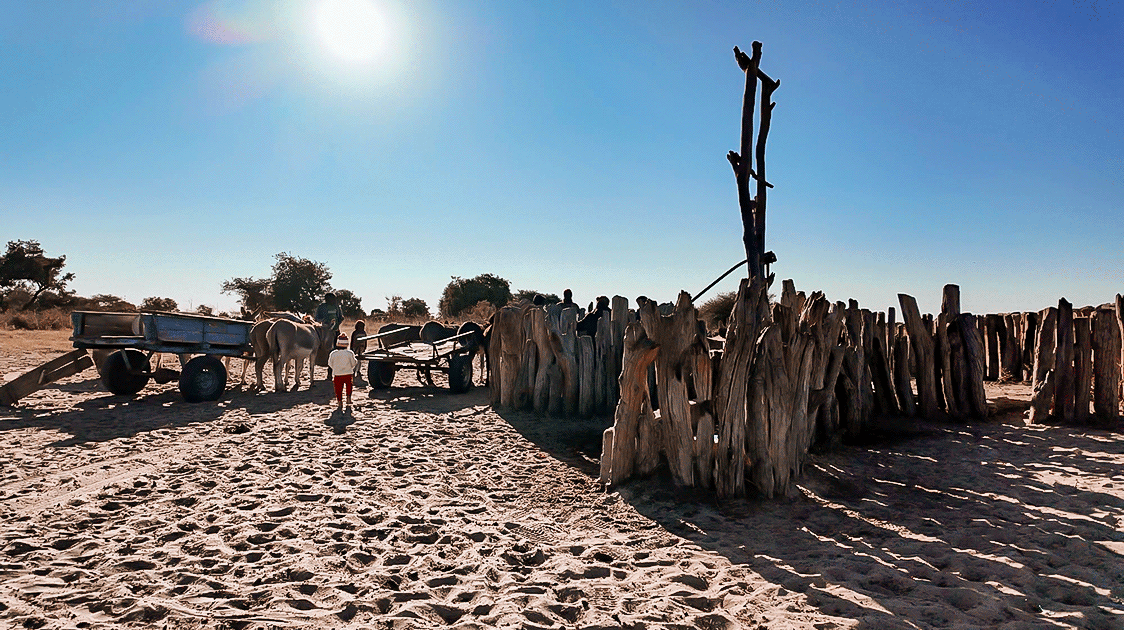
Many Africans have their primary food sources destroyed by wildlife, don’t eat three square meals a day, will never be able to travel for pleasure, struggle to afford school fees, and won’t even earn close to USD 75,000 over their lifetimes, let alone for one speaking engagement.
She noted that when lecturing, she would tell audiences that we all need money to live, and we live for money, but it goes wrong unless we do so to help improve the world.
She proudly stated that it always makes people laugh when she follows up by suggesting they give money to her institute.
Goodall was a United Nations Messenger of Peace.
Part of what the UN stands for is sustainable development; yet she was advocating policies that would increase unsustainability and undermine human rights.
People living in African countries have the right to decide how they use their wildlife.

And many of them do choose safari hunting as a conservation tool.
Goodall was a board member of the Non-human Rights Project (NhRP), which advocates for granting animals the same rights as humans.
Sheer fantasy in countries such as many African ones, where human residents view animals (including chimpanzees) primarily as meat.
And no, these people don’t wish to convert to veganism.
Even her claim that dogs are her favorite animals contradicts what she preached.
NhRP views pets as problematic because often they’re considered property instead of legal family members, entitled to emotional distress damages.
For all her mantras about no cruelty to “sentient” beings, it’s difficult to reconcile the fact that dogs are typically castrated or spayed, restrained with collars and leashes, restricted in their movements, and even often killed via immobilization followed by massive overdoses of drugs via euthanasia instead of dying naturally.
Impossible actions if they had rights like humans.
Jane was a longtime friend of Azzedine Downes, the president and CEO of International Fund for Animal Welfare (IFAW), a position that earns him over USD 420,000 in annual salary.
In her 2021 Jane Goodall Hopecast episode with him, she asserts that they won’t let the evil forces win; they will share information and lay out the facts, as that’s the way to move forward.
He stated that people must be respected and listened to, not imposed upon, and that we must move away from the notion that conservation is something imposed from the West.
He should have taken his own advice, as a group action lawsuit against his organization by several Malawian and Zambian communities is in progress.
They allege that IFAW’s 2022 elephant translocation project has inflicted human deaths and injuries, orphaning of children, and significant psychological impacts that disrupt community life.
The destruction of farms and grain storage has also led to food insecurity and lost income.
Azzedine notes that in the media, "if it bleeds it leads".
Perhaps that’s why their strategy is based on disinformation, delusion, and rescue mentality?
Interestingly, in the podcast, they briefly discuss how few people cared about safari hunting until a named animal became the media darling of the day.
Jane assures the listeners that every other lion who doesn’t have a name has just as much personality and a right to live.
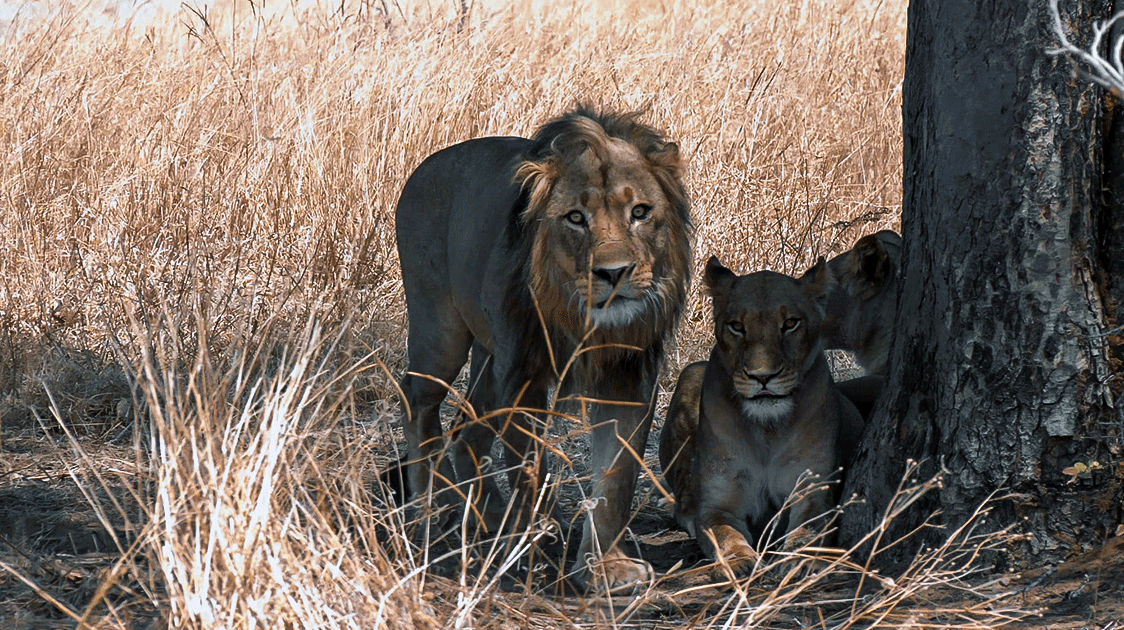
She advocated banning hunting, which genuinely protects the lion’s share of remaining lion (and other wild prey species) habitat in Africa.
So why bother doing a hatchet job on Dame Jane now she is the late?
At a superficial level, Jane’s power of gentle storytelling easily appealed, particularly to people living comfortable lifestyles in reasonably stable, developed countries.
Her calm yet assertive demeanor inspired others to embrace hope and take action.
But hope can be a rope.
A lifeline to cling to if strengthened by reality. But one that readily hangs a person if based upon hypocrisy and disinformation.
True conservationists don’t campaign for actions that destroy nature.
Anyone genuinely concerned about animal welfare cannot champion the cruelest, longest lingering act towards wild animals possible – destruction of the habitat.
And anyone concerned about fellow human beings having the ability to live a modestly decent life would not advocate eliminating any programs that support nature’s maintenance, regardless of their personal likes or dislikes.
Jane did all that; in every single action she took, she directly contributed to the persecution of legal hunting.
Not just in Africa, but globally.
And yet, upon her death, some who understood and advocated for the importance of the conservation-through-hunting model still praised her as a conservation legend.
So, although “Shame, Dame Jane” is the appropriate title for this piece, shame should also be directed at anyone else perpetuating her façade.
Shame, Dame Jane. You did leave a legacy.
One wherein countless people who idolized you now believe the untruths you told, the thorough hoodwinking you used to lure them in.
And then inspired others to do the same.
You were indeed a lieutenant in the battle, a front-line warrior.
But one that brainwashed your followers into believing the animal rights propaganda that is anti-conservation.
The legacy you left should have been a firm acknowledgement that conservation must be grounded in reality, and people must go beyond the superficial to find the truth.
Instead, those of us who do care about nature and humanity’s future now are further burdened with the additional task of separating fact from fiction, and taking action to reject hypocritical, contradictory charlatans—ones who profit from being anti-reality prophets, telling stories that are more like fairy tales.

